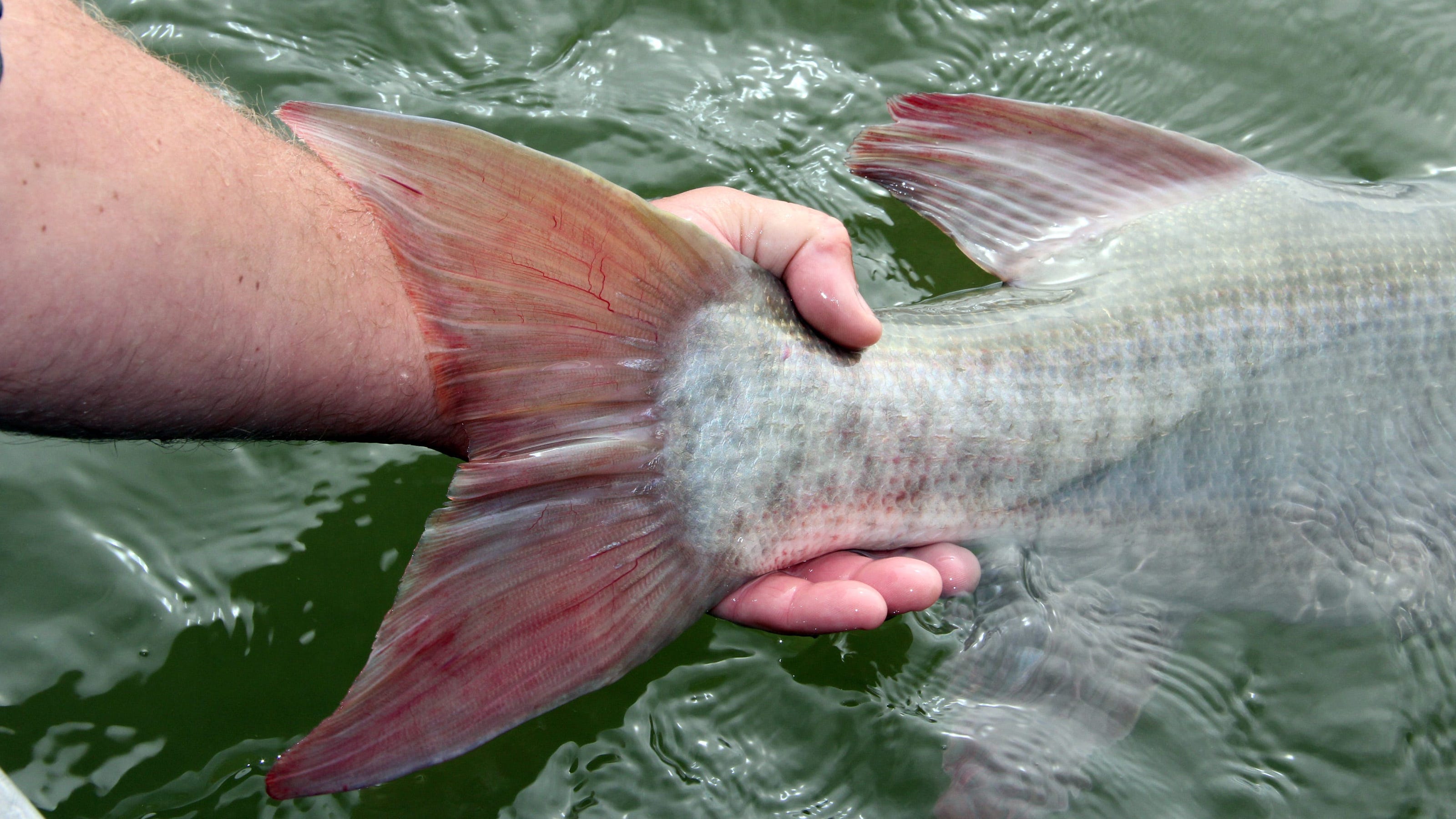While swimming in Lake St. Clair, a triathlete from Ontario, Canada learned a terrible lesson: Muscles can mistake your limbs for prey and their teeth are deadly sharp.
Matt Gervais, 39, was bitten in the right arm while training with a friend ahead of the upcoming August event. 13. He told CTV News, "It was great agony [and] it immediately hurt a lot."
Gervais was taken by ambulance to a local hospital, where he was stitched up with 13 stitches. He is still waiting for permission to resume training.
When Gervais looked down after the hit, he noticed he was still clinging to his arm.

"I saw it underwater face to face with my glasses on," Gervais said, adding that what he witnessed when the fish was released was "slaughter".
Musk most likely took Gervais' hand for a fish, according to Trevor Pitcher of the Great Lakes Environmental Research Institute.
“The word 'bug' is important because we believe they don't bite people on purpose,” added Pitcher. "People - and human meat in particular - are not on the musky diet because it is not very common."
“During training, weird things happened to me, but it's definitely the craziest,” said Gervais of Windsor in an interview with the Windsor Star.
Muskellunge, sometimes referred to as muskellunge, can be found throughout much of the northeastern United States, as well as in the south, such as Georgia.
Anglers love fish because they are top predators that attack with incredible speed and fury wherever they are.
Since 1949, the world record has been 67 pounds 8 ounces, according to the International Fishing Association. This musk was fished in Hayward, Wisconsin, in the Lake Court Ayrs area.
Matt Gervais, 39, was bitten in the right arm while training with a friend ahead of the upcoming August event. 13. He told CTV News, "It was great agony [and] it immediately hurt a lot."
Gervais was taken by ambulance to a local hospital, where he was stitched up with 13 stitches. He is still waiting for permission to resume training.
When Gervais looked down after the hit, he noticed he was still clinging to his arm.

"I saw it underwater face to face with my glasses on," Gervais said, adding that what he witnessed when the fish was released was "slaughter".
Musk most likely took Gervais' hand for a fish, according to Trevor Pitcher of the Great Lakes Environmental Research Institute.
“The word 'bug' is important because we believe they don't bite people on purpose,” added Pitcher. "People - and human meat in particular - are not on the musky diet because it is not very common."
“During training, weird things happened to me, but it's definitely the craziest,” said Gervais of Windsor in an interview with the Windsor Star.
Muskellunge, sometimes referred to as muskellunge, can be found throughout much of the northeastern United States, as well as in the south, such as Georgia.
Anglers love fish because they are top predators that attack with incredible speed and fury wherever they are.
Since 1949, the world record has been 67 pounds 8 ounces, according to the International Fishing Association. This musk was fished in Hayward, Wisconsin, in the Lake Court Ayrs area.
Comments
Post a Comment